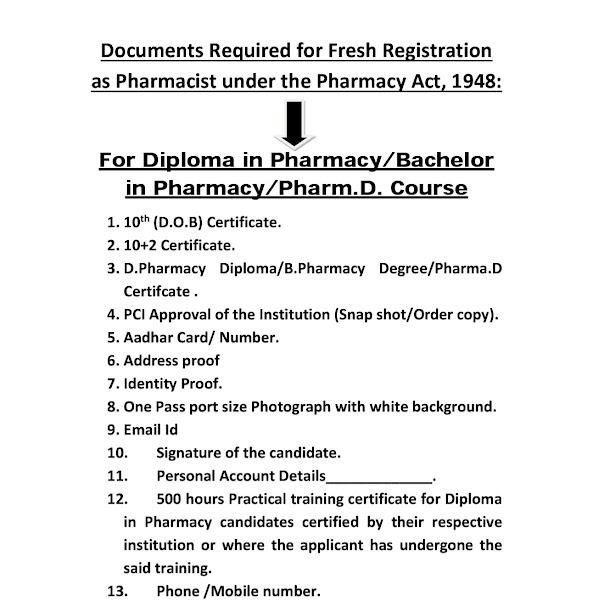Psoriasis: The Basics
*Psoriasis is a chronic multisystem disease with predominantly skin and joint manifestations
*Affects approximately 2% of the U.S. population
*Age of onset occurs in two peaks: ages 20-30 and ages 50-60, but can be seen at any age
*Waxes and wanes during a patient’s lifetime, is often modified by treatment initiation and cessation and has few spontaneous remissions
*There is a strong genetic component
#Classification of Psoriasis
Classification is based on morphological descriptions
The types of psoriasis are:
•Plaque: scaly, erythematous patches, papules, and plaques that are sometimes pruritic
•Inverse/Flexural: lesions are located in the skin folds
•Erythrodermic: generalized erythema covering nearly the entire body surface area with varying degrees of scaling
•Pustular: clinically apparent pustules
•are, acute generalized variety called "von Zumbuschvariant"
•Palmoplantar–localized involving palms and soles
•Guttate: presents withdrop lesions, 1-10mm salmon-pink papules with a fine scale
Clinical findings in patients frequently overlap in more than one category
Different types of psoriasis may require different treatment
GuttatePsoriasis
Acute onset of raindrop-sized lesions on trunk and extremities in young adults, often preceded by streptococcal pharyngitis
Inverse/Flexural Psoriasis
Erythematous plaques in the axilla, groin, inframammary region, and other flexural areas. May lack scale due to moistness of area.
*Psoriasis is a chronic multisystem disease with predominantly skin and joint manifestations
*Affects approximately 2% of the U.S. population
*Age of onset occurs in two peaks: ages 20-30 and ages 50-60, but can be seen at any age
*Waxes and wanes during a patient’s lifetime, is often modified by treatment initiation and cessation and has few spontaneous remissions
*There is a strong genetic component
#Classification of Psoriasis
Classification is based on morphological descriptions
The types of psoriasis are:
•Plaque: scaly, erythematous patches, papules, and plaques that are sometimes pruritic
•Inverse/Flexural: lesions are located in the skin folds
•Erythrodermic: generalized erythema covering nearly the entire body surface area with varying degrees of scaling
•Pustular: clinically apparent pustules
•are, acute generalized variety called "von Zumbuschvariant"
•Palmoplantar–localized involving palms and soles
•Guttate: presents withdrop lesions, 1-10mm salmon-pink papules with a fine scale
Clinical findings in patients frequently overlap in more than one category
Different types of psoriasis may require different treatment
GuttatePsoriasis
Acute onset of raindrop-sized lesions on trunk and extremities in young adults, often preceded by streptococcal pharyngitis
Inverse/Flexural Psoriasis
Erythematous plaques in the axilla, groin, inframammary region, and other flexural areas. May lack scale due to moistness of area.



No comments:
Post a Comment